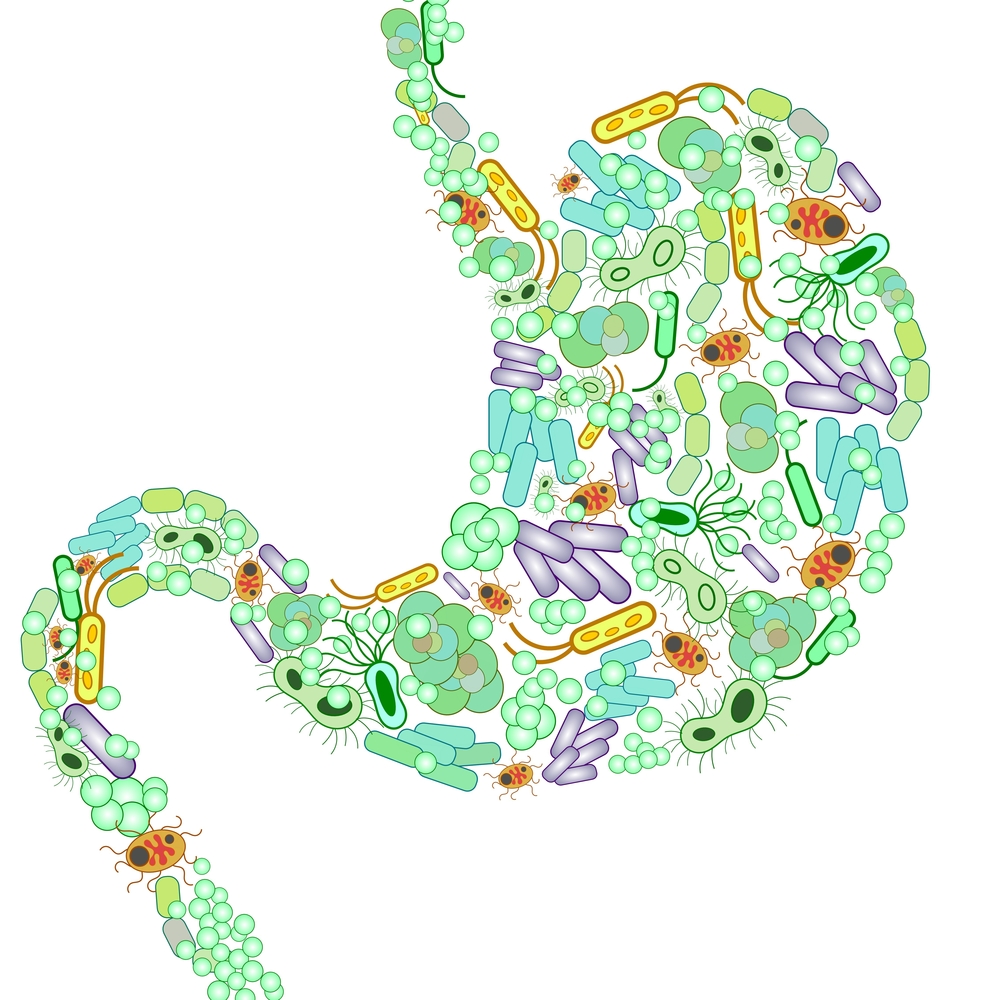Yogurt Bacteria Improved Lupus Kidney Disease in Mice, Study Shows

Good gut bacteria from yogurt may be able to reduce kidney inflammation in systemic lupus erythematosus patients — if results of a mouse study can be translated to humans, that is.
Mice with lupus who ate lactobacillus bacteria had stronger anti-inflammatory immune reactions and less kidney disease than control mice, according to researchers at the Virginia-Maryland College of Veterinary Medicine.
Interestingly, the study showed the bacteria helped only female mice or male mice that had been castrated, indicating that male sex hormones might prevent the bacteria from working. In a way, this finding may make it more relevant to lupus, because the disease mainly affects women.
The study, “Control of lupus nephritis by changes of gut microbiota,” was published in the journal Microbiome.
“We think that testosterone is suppressing the effect of the healthy bacteria,” Xin Luo, an assistant professor of immunology who was the study’s senior author, said in a press release. “Before our study, researchers had never looked at male hormones suppressing the probiotic effect before.”
Team members got their first hint of lactobacillus bacteria’s importance a few years back when they noted that mice that were prone to developing lupus had fewer of the microbes than normal mice. And when lupus mice received a transplant of gut contents from healthy mice, their symptoms improved.
“In our 2014 paper, we found that mice with lupus had decreased amounts of lactobacillus, which led to our hypothesis that adding this bacteria could ameliorate disease symptoms,” Luo said.
To confirm that it was really the bacteria that had improved the symptoms, the researchers treated young mice with antibiotics for two days, then fed them five different lactobacillus strains.
The bacteria reduced the levels of lupus-associated autoantibodies, and improved the mice’s kidney disease, compared with untreated mice.
Further tests showed that the bacteria reduced the gut’s permeability, a condition known as “leaky gut” that leads to bacterial components entering the bloodstream.
The team also found that the bacteria triggered anti-inflammatory immune reactions, decreasing the pro-inflammatory factor IL-6 while increasing the levels of the anti-inflammatory factor IL-10.
Importantly, the bacteria also reduced levels of an antibody linked to kidney inflammation in lupus.
Researchers also noticed that lactobacillus-treated mice had more regulatory T-cells and fewer inflammatory ones in their kidneys. And the treated mice lived longer.
While it was more effective to give lactobacillus to mice before they developed signs of lupus, the bacteria also reduced lupus symptoms in mice that had already developed the disease.
Although this finding was not statistically significant, it did suggest that lactobacillus has the potential to slow the progression.
And researchers underscored that lactobacillus bacteria in yogurt or supplements are safe.
“If a lupus patient is female and also has kidney inflammation, there would be no harm in adding yogurt or a probiotic supplement to the diet,” Luo said.
The team has now turned its eyes toward other types of bacteria.
“The next question is, ‘Are there bad bacteria that can be detrimental to the disease?'” Luo asked. “If that can be found, we can target the bad bacteria and remove them to ameliorate disease symptoms.”





